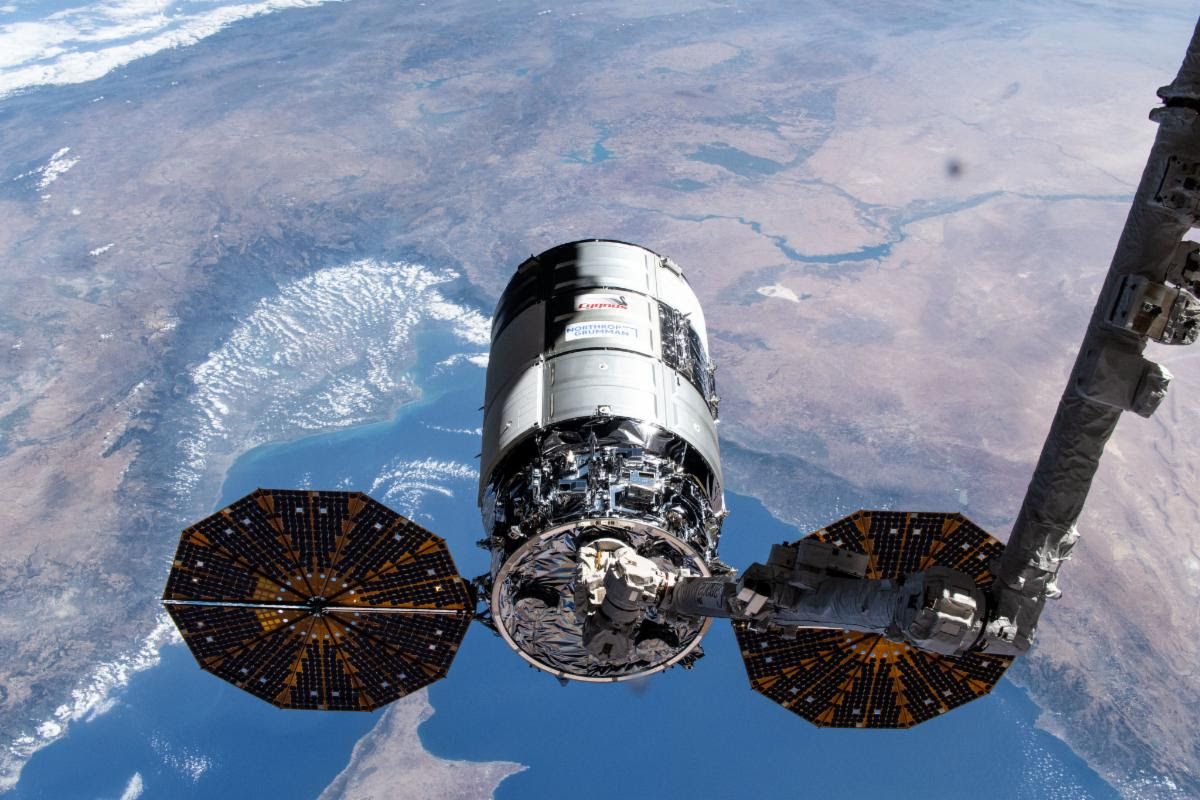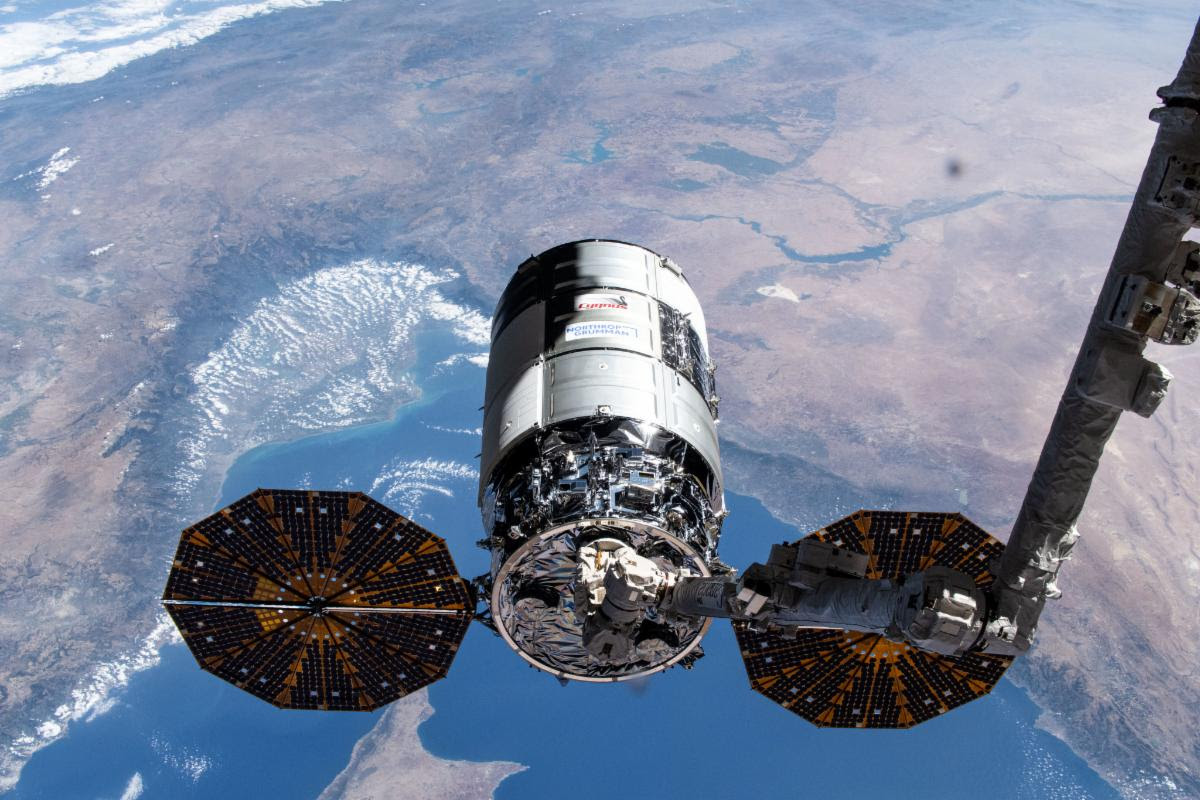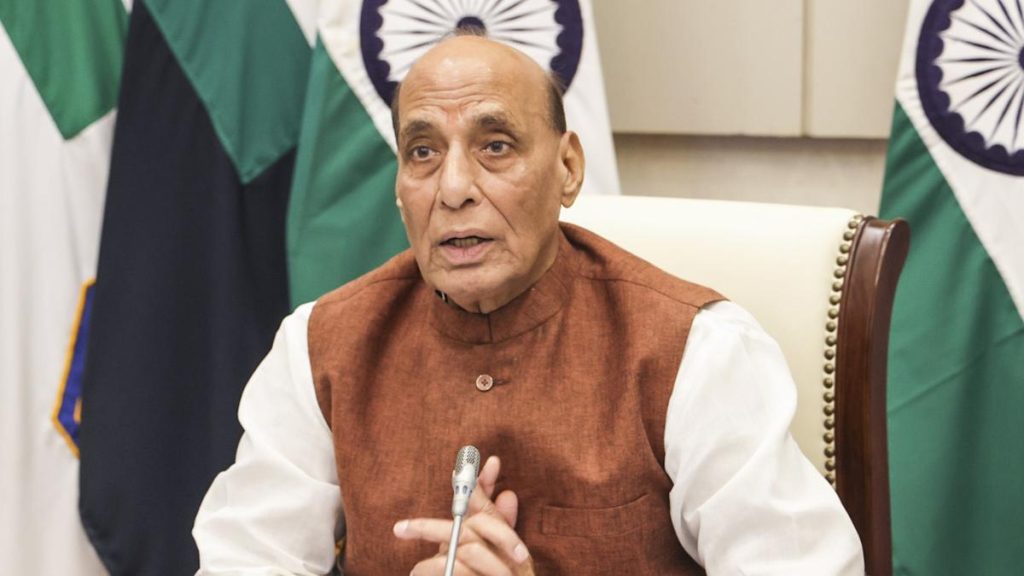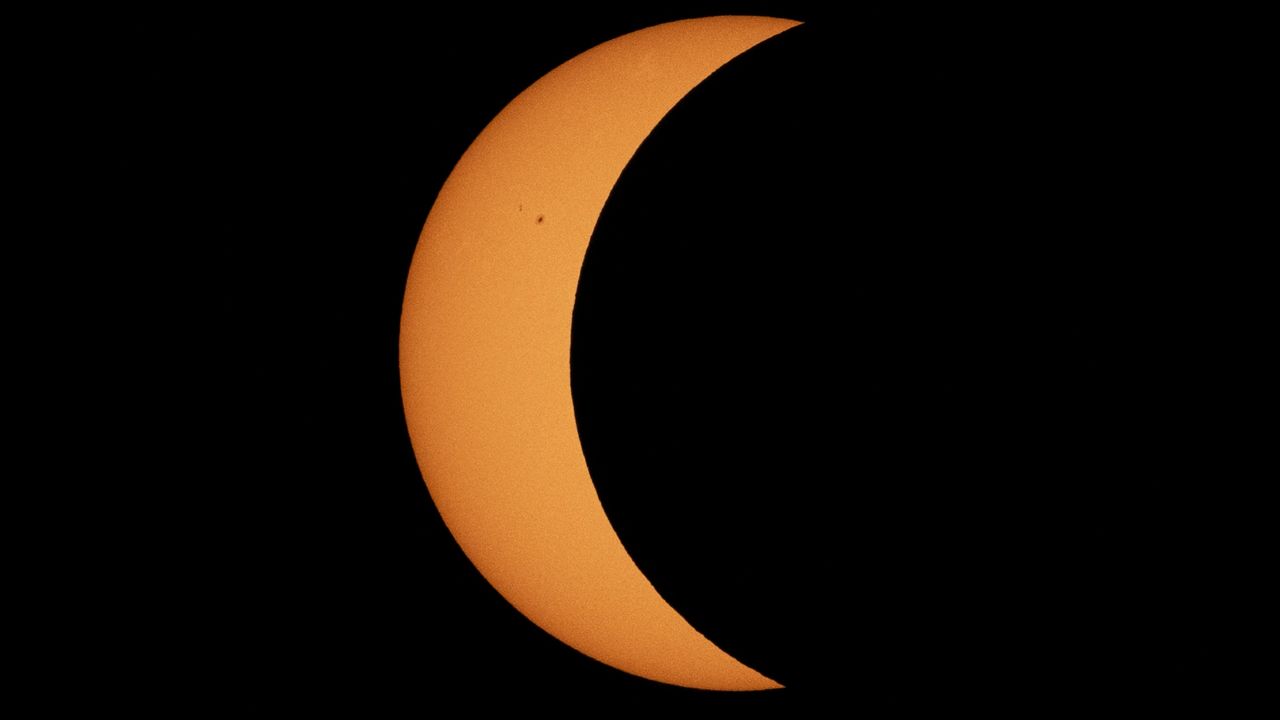Now Reading: SpaceX to Launch Northrop Grumman’s Largest Cargo Ship on Maiden ISS Mission Today
-
01
SpaceX to Launch Northrop Grumman’s Largest Cargo Ship on Maiden ISS Mission Today
SpaceX to Launch Northrop Grumman’s Largest Cargo Ship on Maiden ISS Mission Today

### Fast Summary
– SpaceX is set to launch Northrop Grumman’s new “Cygnus XL” cargo spacecraft to the International space Station (ISS) today (Sept. 14) at 6:11 p.m.EDT.
– the mission, designated NG-23, marks the debut of Cygnus XL, a larger freighter capable of carrying 11,000 pounds (4,990 kg) of cargo compared to its predecessor’s 8,500 pounds (3,855 kg).
– Supplies onboard include materials for semiconductor crystals production in space and cryogenic fuel tank improvements; it also holds pharmaceutical advancement equipment aimed at cancer treatment.- The spacecraft carries a UV light system designed to prevent microbial growth in water systems on board the ISS.
– NG-23 was named S.S.william “Willie” McCool after an astronaut from NASA’s columbia disaster in 2003.
– Arrival at the ISS is slated for September 17 and will involve grappling by Canadarm2 robotic arm rather than autonomous docking; live coverage begins at 5 a.m. EDT.
– the freighter will remain attached to the station until March 2026 before re-entering Earth’s atmosphere.
northrop Grumman’s NG-21 Cygnus cargo spacecraft is seen held by the International Space Station’s robotic arm.
(Image credit: NASA)
—
### Indian Opinion Analysis
India has long expressed interest in leveraging space-based technologies toward scientific advancements and human development goals. Missions like NG-23 mark important milestones that could be valuable learning opportunities for India’s burgeoning space program under ISRO’s leadership. Notably, carrying tools for semiconductor production and pharmaceutical research highlights global trends toward utilizing microgravity as an avenue for scientific breakthroughs-a focus India could explore moving forward.
The collaborative nature of international missions led by organizations like NASA underscores how partnerships can streamline technological achievements.With upcoming ISRO projects such as Gaganyaan-a manned mission-India may consider observing operational nuances exhibited during missions that require similar docking maneuvers or extended crew support systems aboard stations like the ISS.
Space science serves as both competition and cooperation globally; embracing elements from programs such as Cygnus XL could elevate India’s contributions while reinforcing principles underpinning peaceful exploration of outer space.
[Read More](https://www.space.com/space-exploration/launches-spacecraft/spacex-launch-cygnus-ng-23-cargo-mission-international-space-station)

























